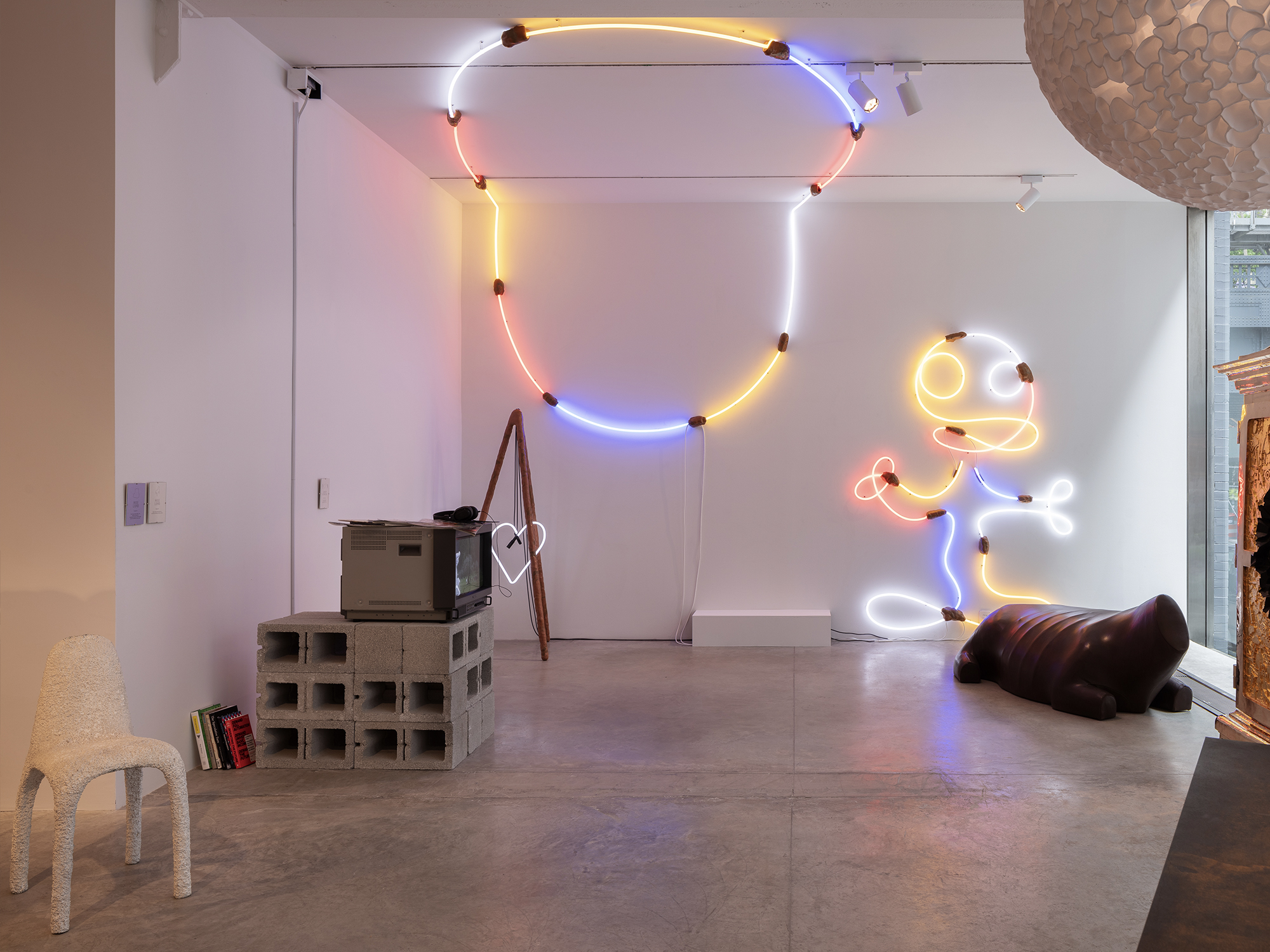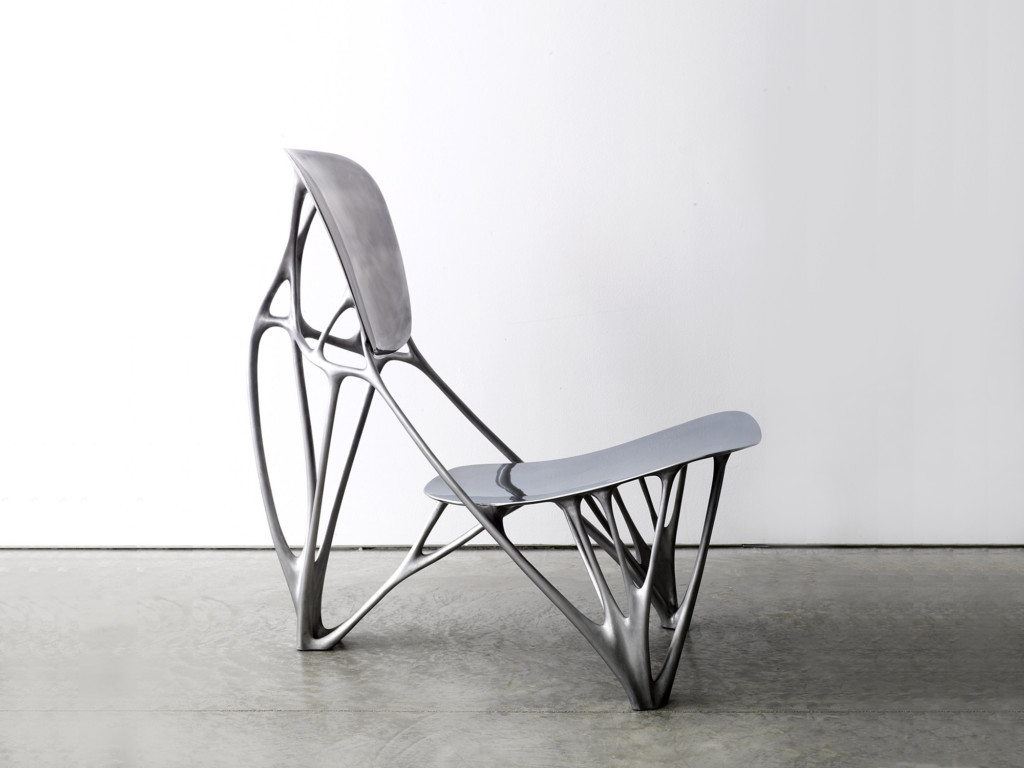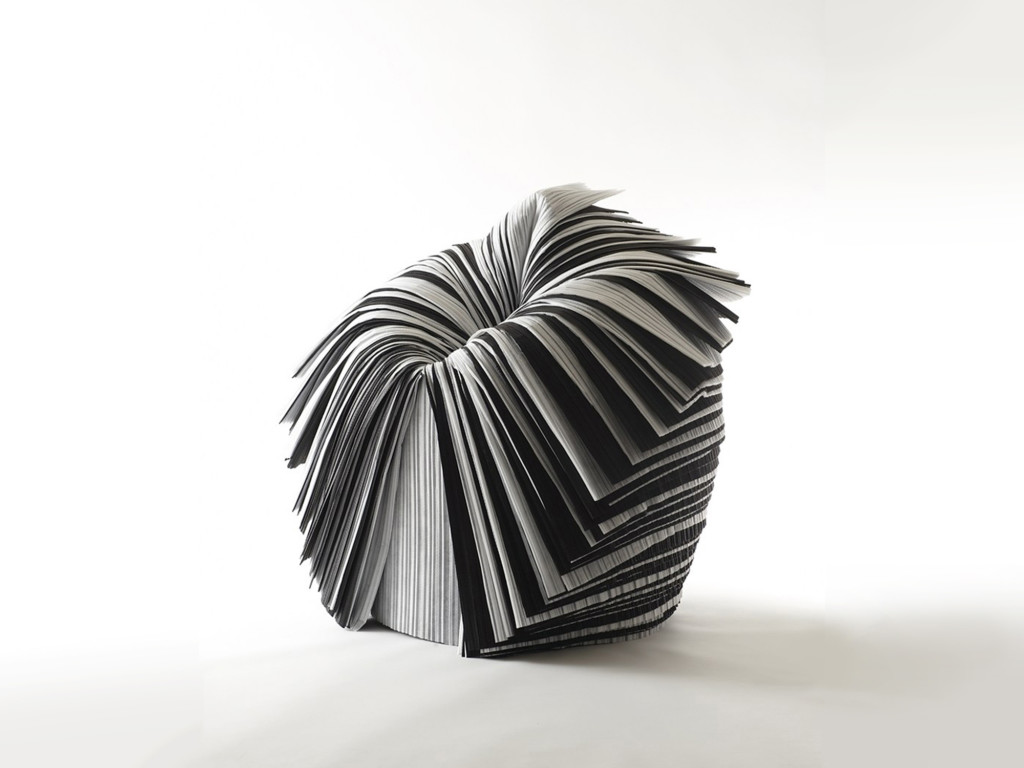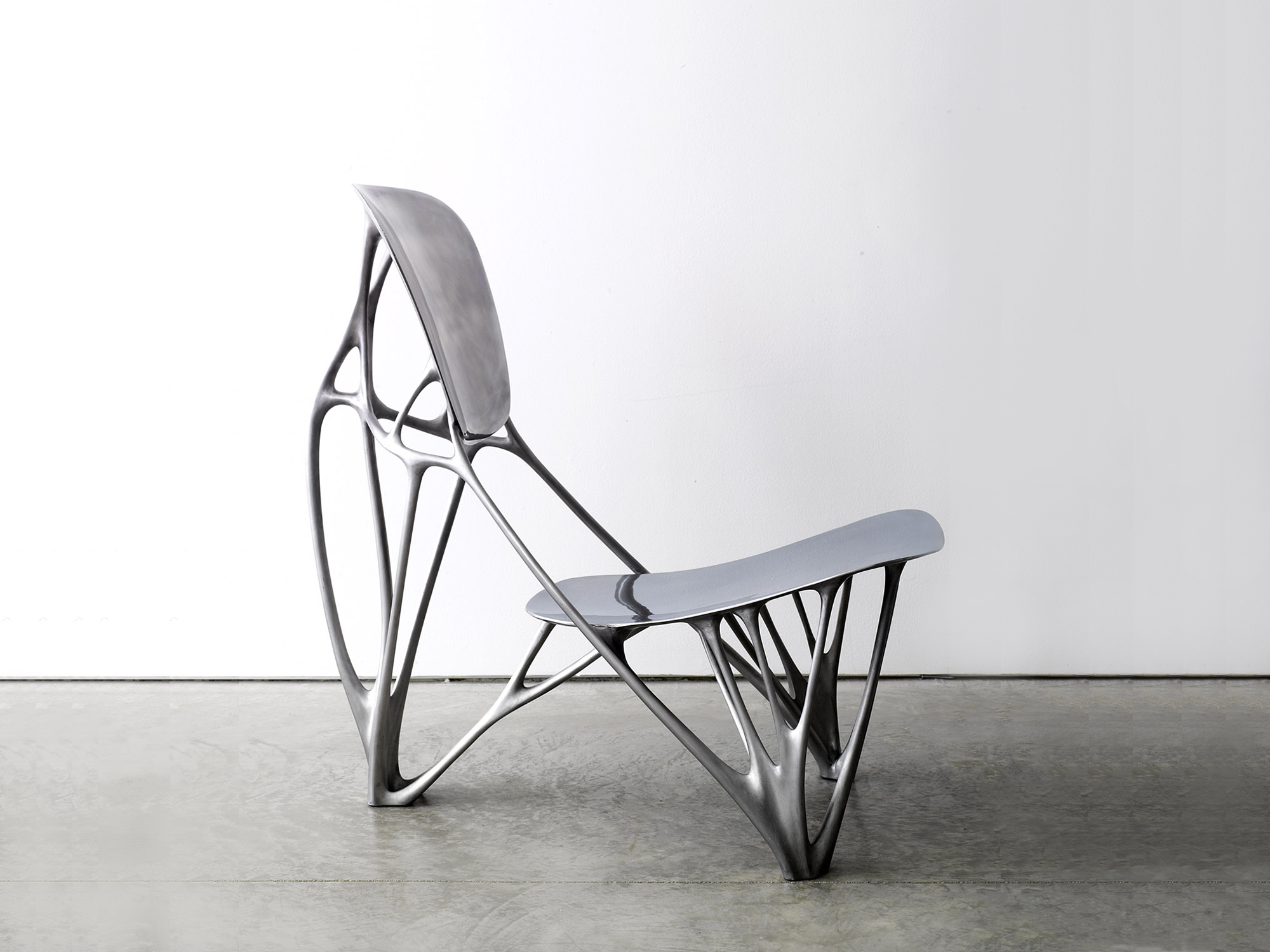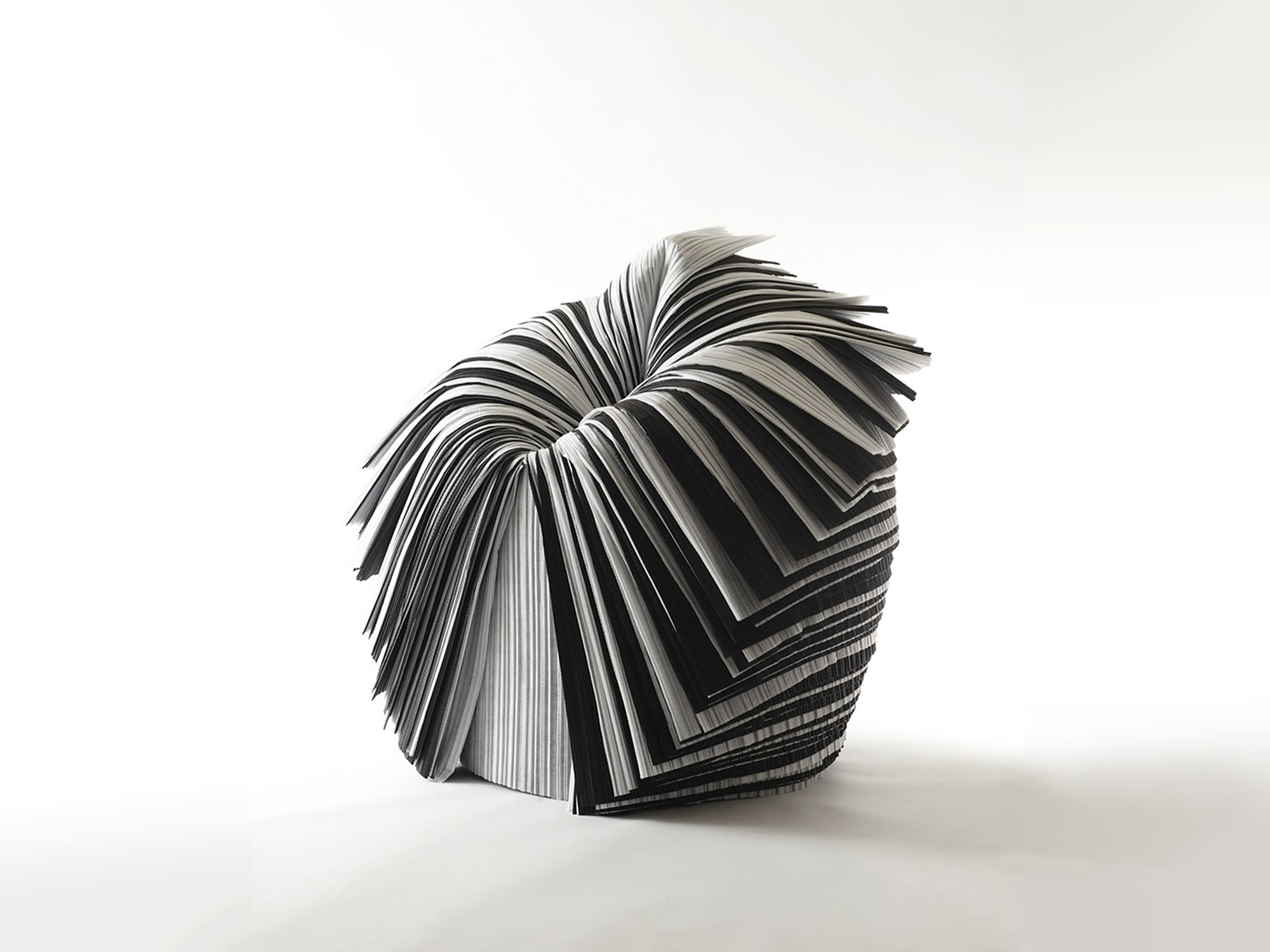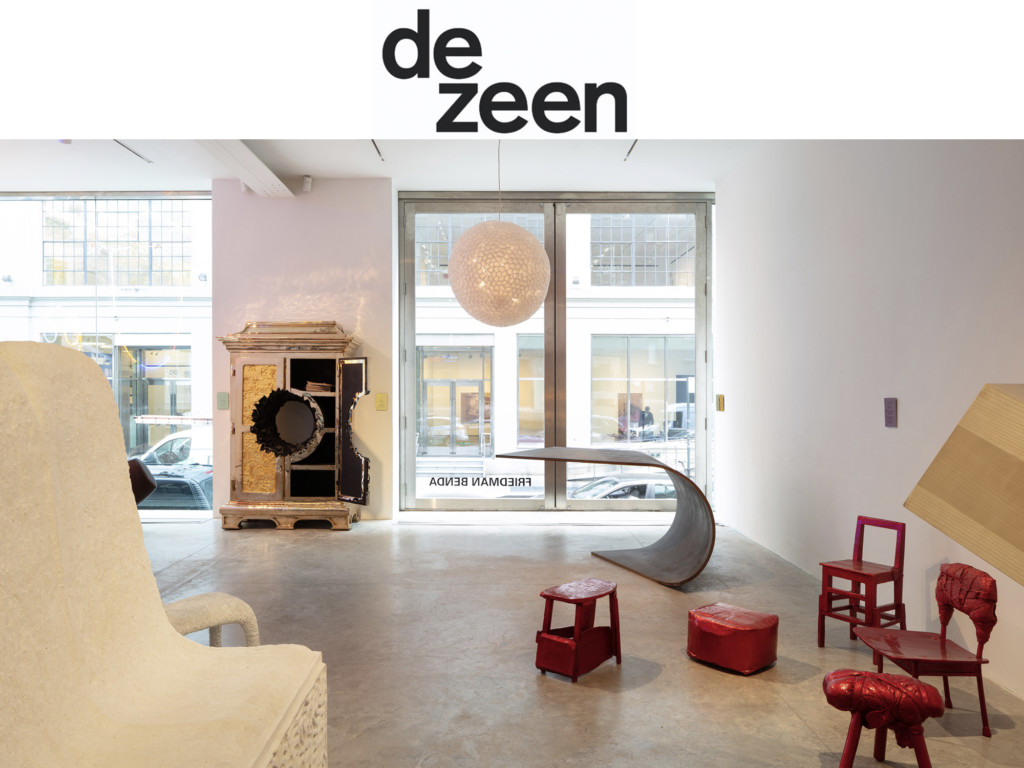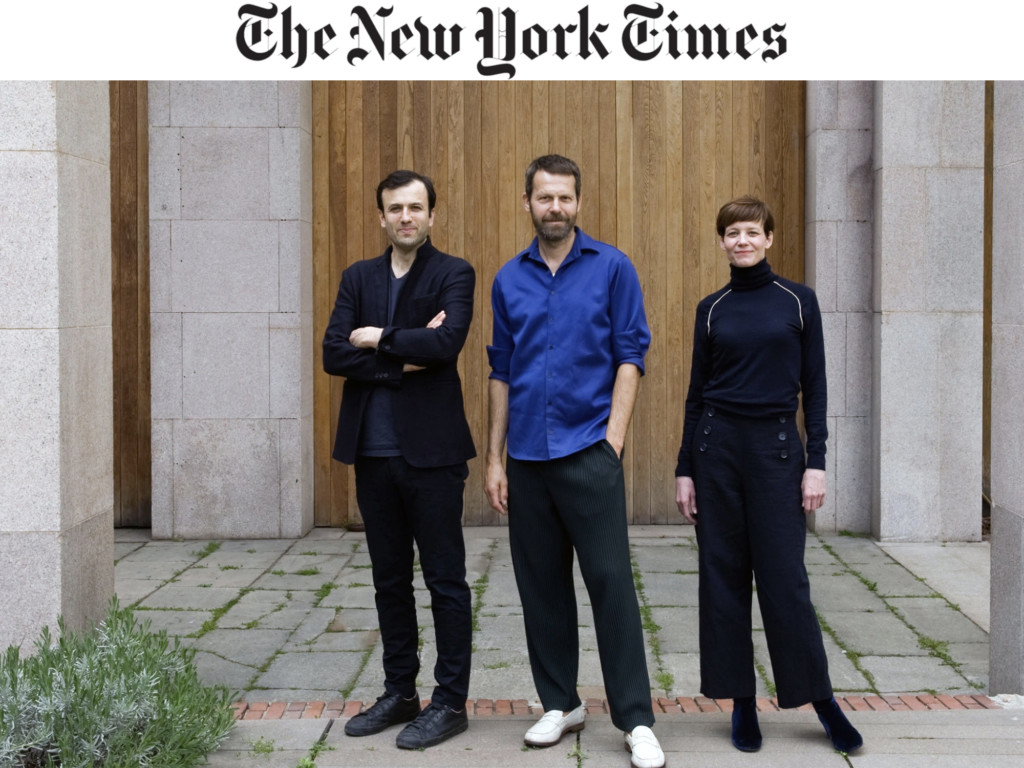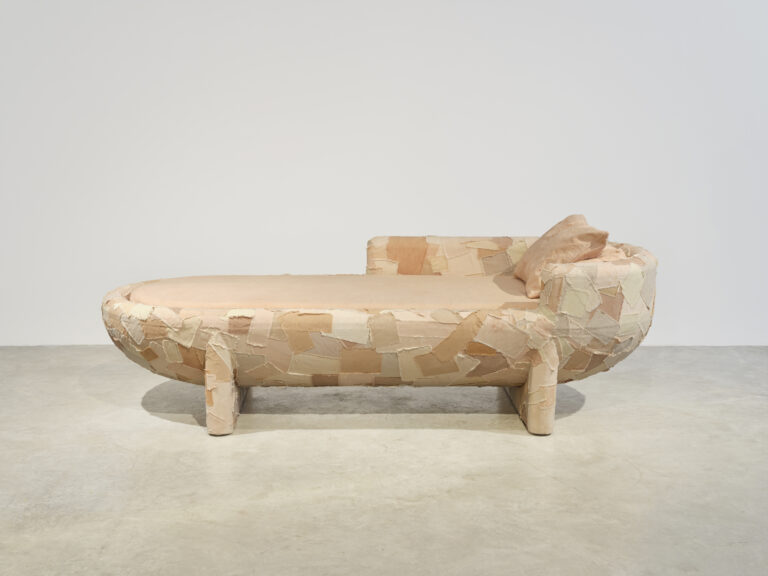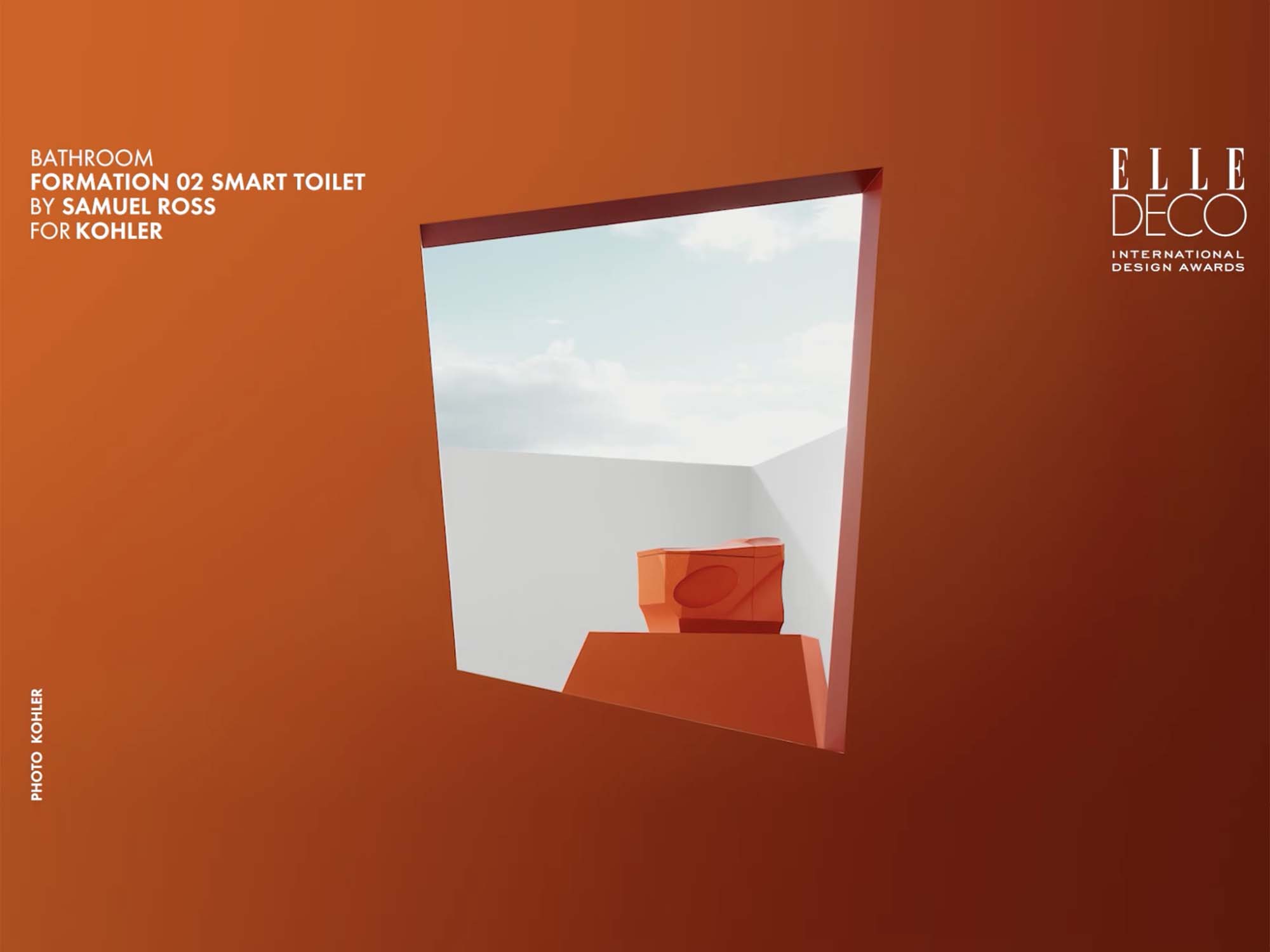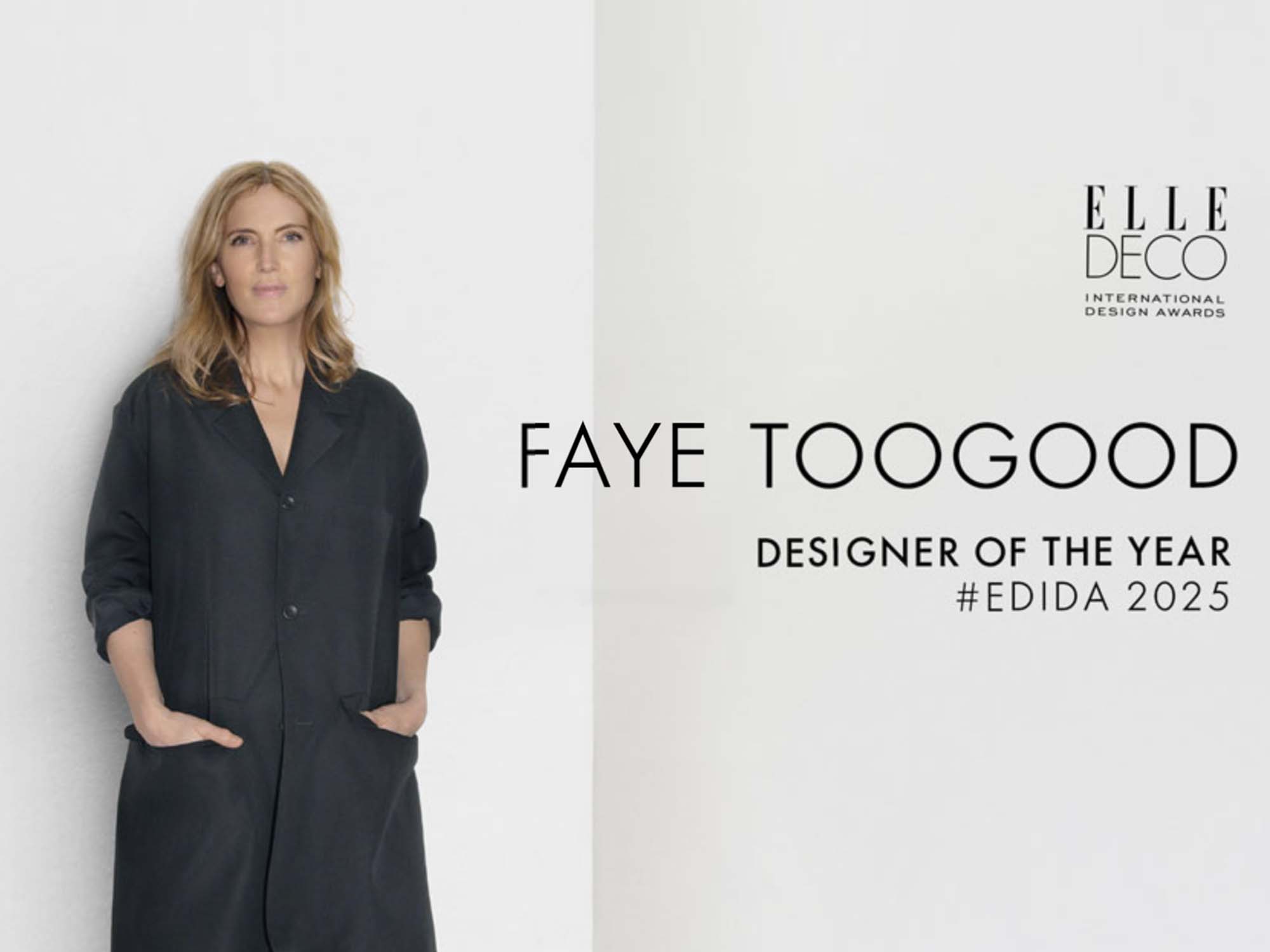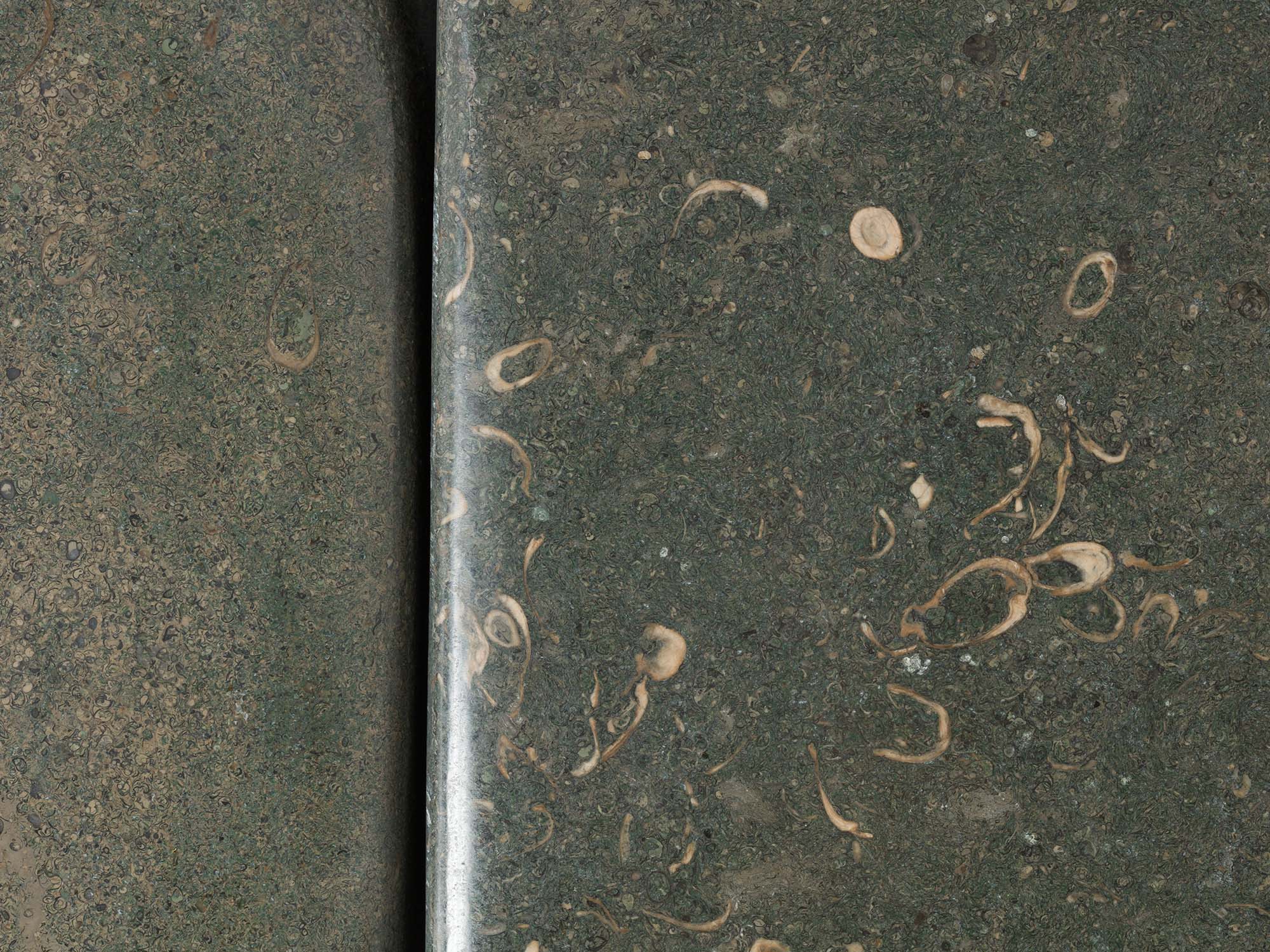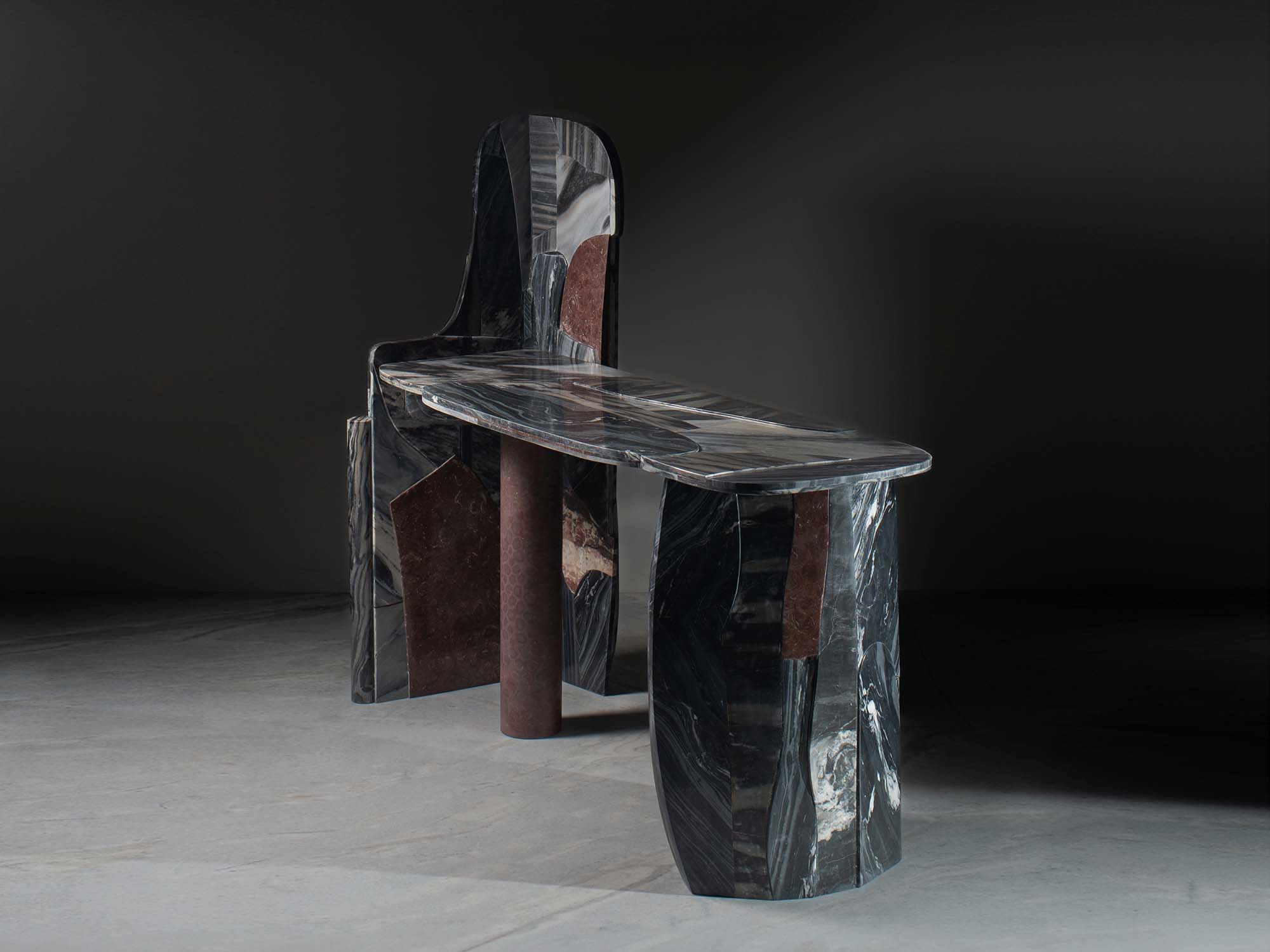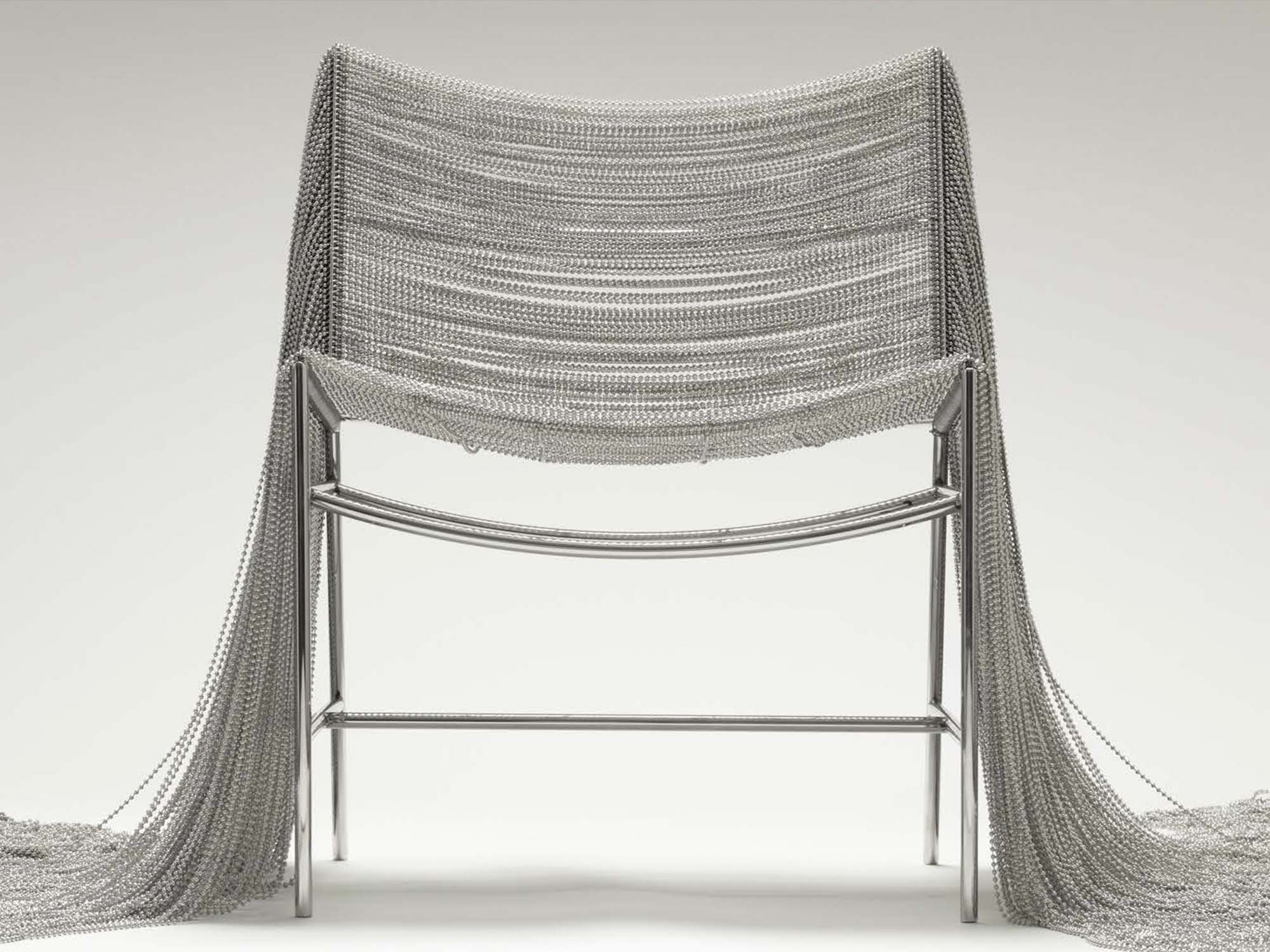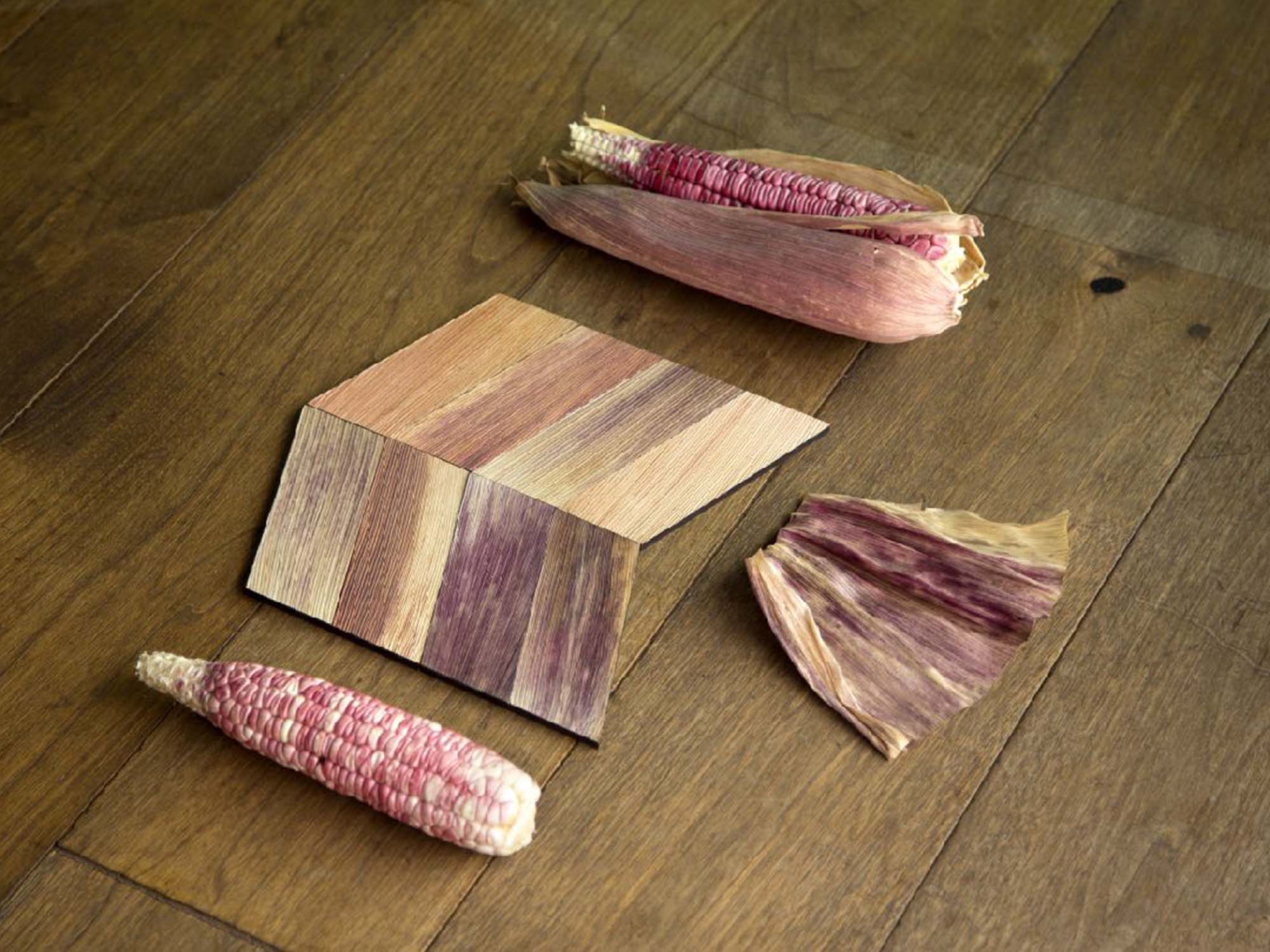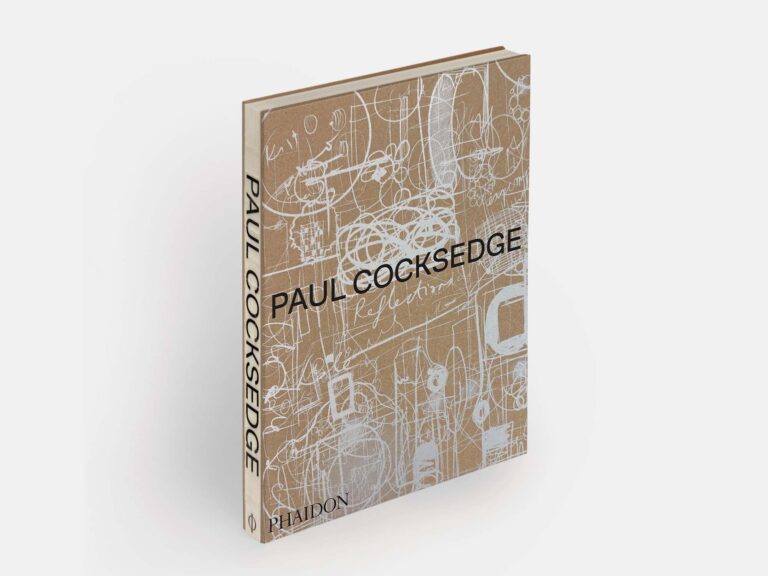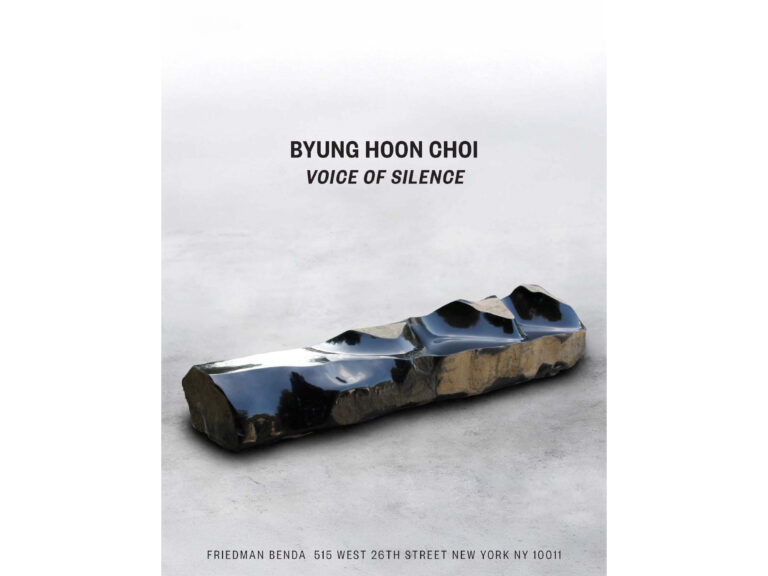Friedman Benda is pleased to present An Accelerated Culture, curated by Libby Sellers and Brent Dzekciorius. The exhibition, which brings together a selection of the most progressive contemporary designers from the so-called ‘Generation X’, is an investigation into any shared ideologies and beliefs that emerge from such a disparate cohort. As Sellers states, “while any characterization of a generation will be filled with disclaimers, these practitioners went on to challenge the status quo by questioning everything, the design industry included, in order to redefine what a design practice could encompass and the territories where design can tread.” Using the generational grouping as a way into the varied views and expressions, An Accelerated Culture, highlights how the major cultural, economic and societal shifts that occurred during the decades before and after the turn of the millennium influenced and informed design practice today.
The title is a reference to Douglas Coupland’s 1991 novel Generation X: Tales for an Accelerated Culture, which sought to identify the collective zeitgeist of the post Baby Boomer generation. Though in a complete departure from the ennui demonstrated by Coupland’s twenty-somethings or the apathetic, slacker stereotypes espoused by film director Richard Linklater, the designers in An Accelerated Culture are defined by their engagement, openness, curiosity, and active expression. Through key examples and representations from more than twenty designers and design studios from eight (predominantly European) countries, the exhibition demonstrates the full breadth of this generation with an in-depth survey of design rarely seen outside of a museum context.
“While this generation was encouraged to explore autonomy, they were not necessarily free. Presented with a cacophony of choice, caught between their analogue youth and an increasingly digitalized future, facing the omnipotence of globalisation and a guarded industry suffering from a surplus of products, designers and companies, the options could have been stultifying. Rather than succumb, they developed entrepreneurial, independent and multidimensional methods to forge their own paths,” Sellers states.
An Accelerated Culture includes seminal works from practices established at the turn of the millennium, such as: Michael Anastassiades, Aldo Bakker, Maarten Baas, Tord Boontje, Ronan and Erwan Bouroullec, Nacho Carbonell, Paul Cocksedge, Matali Crasset, Martino Gamper, Konstantin Grcic, Thomas Heatherwick, Joris Laarman, Max Lamb, Julia Lohmann, nendo, Raw Edges, Jerszy Seymour, Bertjan Pot, Studio Wieki Somers, and Studio Job.
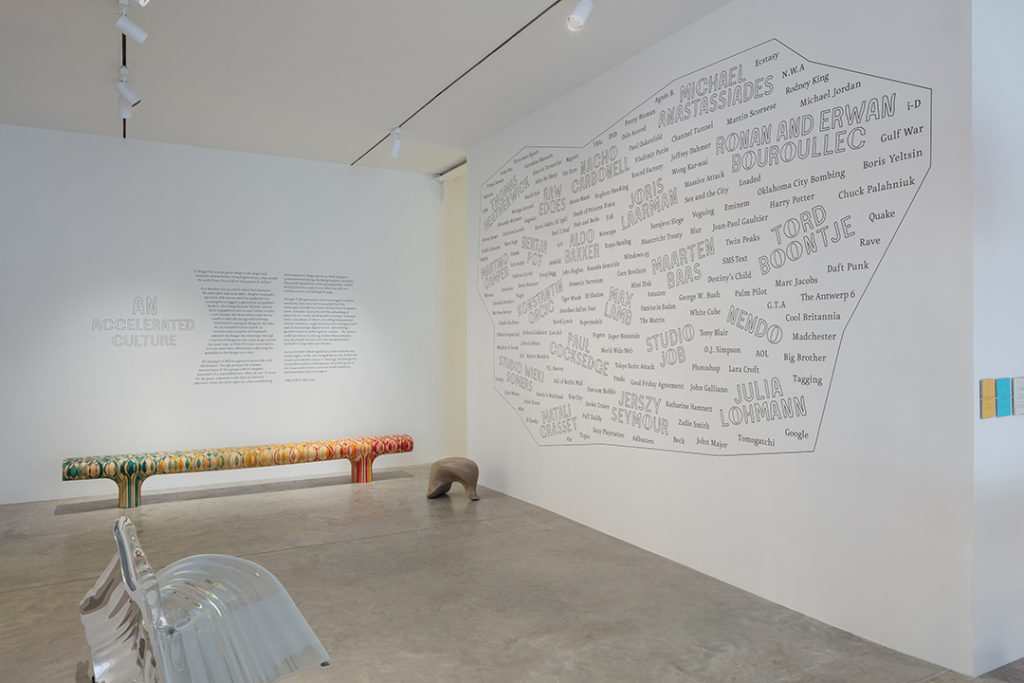
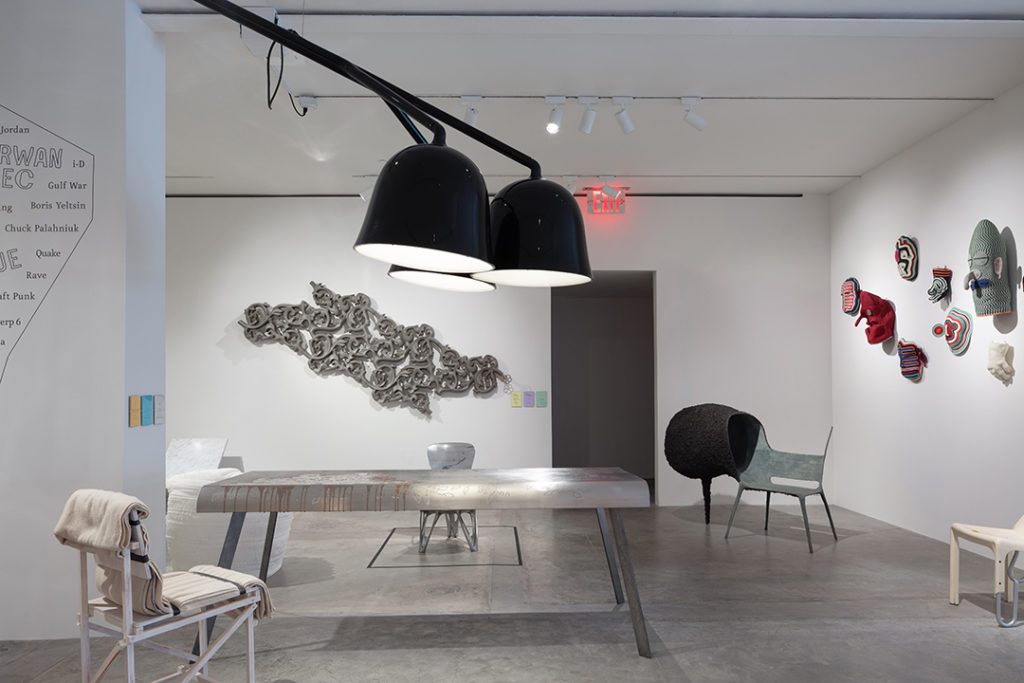
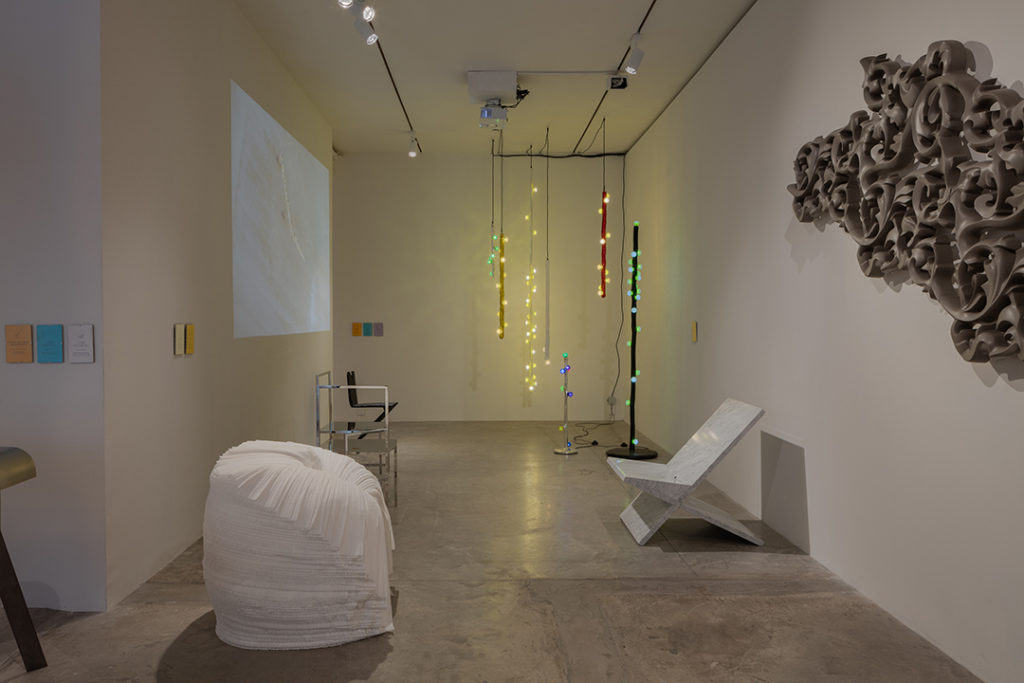
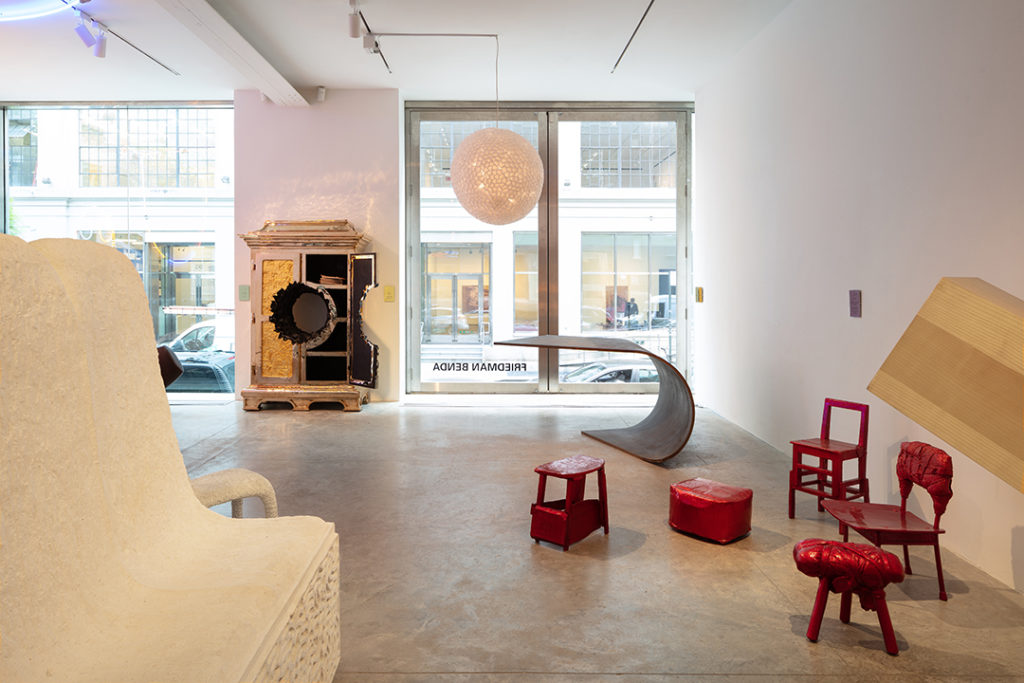
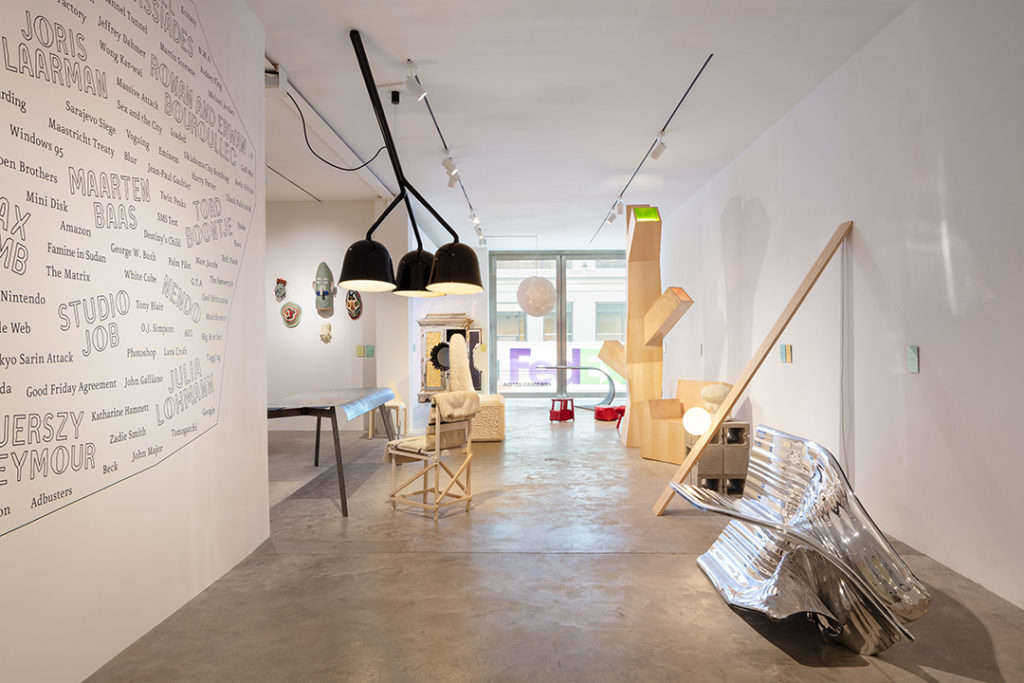
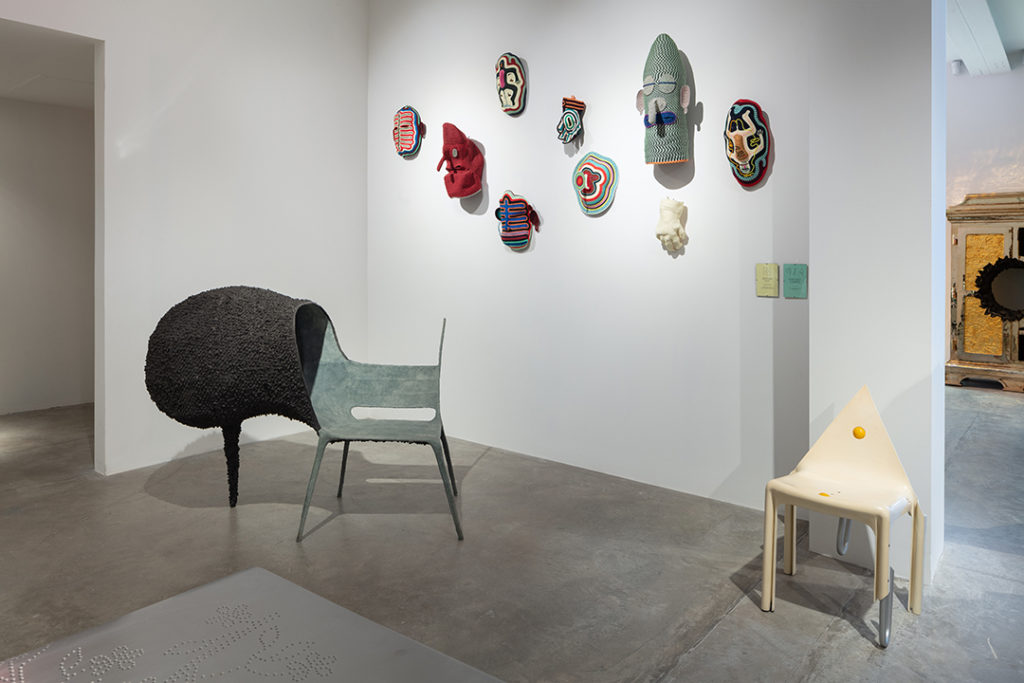
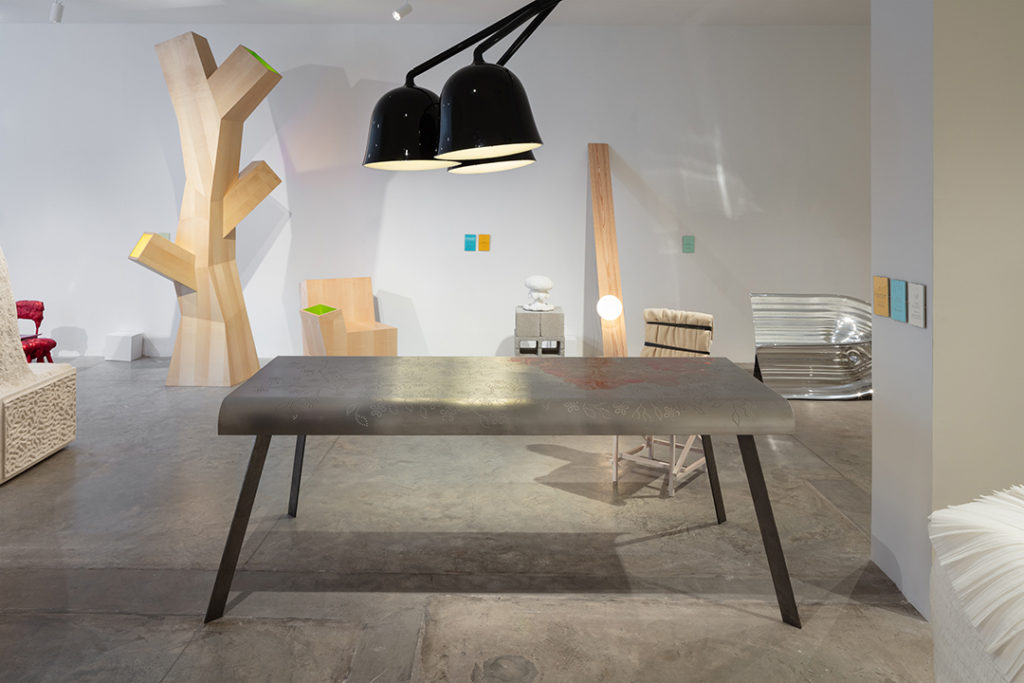
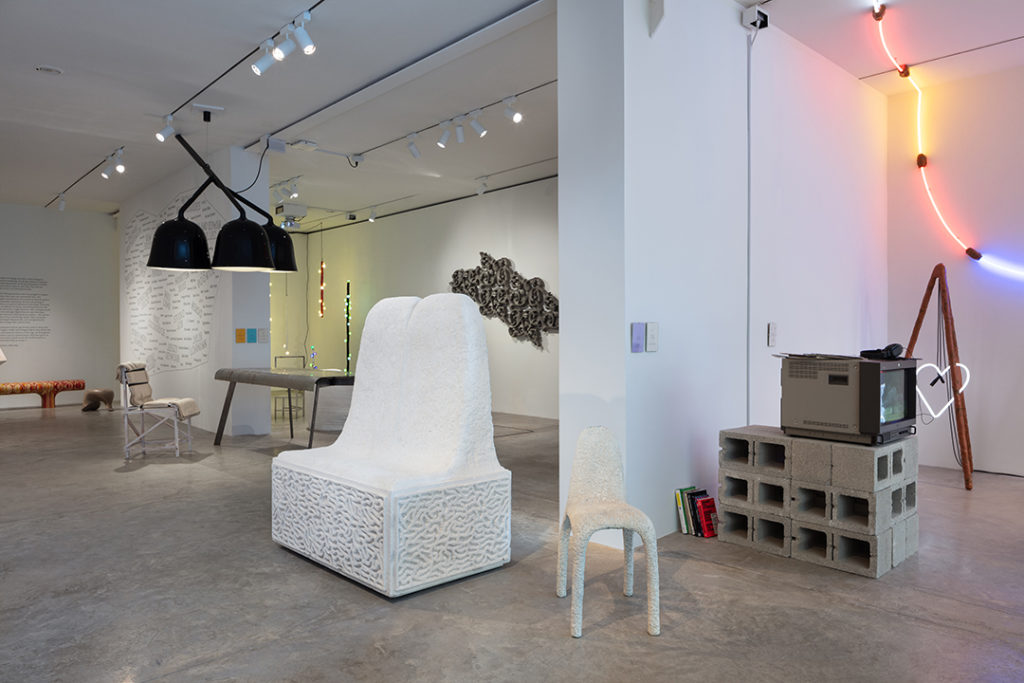
ABOUT BRENT DZEKCIORIUS AND LIBBY SELLERS
Brent Dzekciorius is the founder and director of Dzek, a London-based design production company that develops architectural materials with contemporary designers. The company launched in 2014 with their large aggregate terrazzo, ‘Marmoreal’, developed in collaboration with the British designer Max Lamb. The project went on to earn a number of design awards. For this year’s Salone del Mobile, Dzek will debut ExCinere, a new volcanic ash tile collection with Formafantasma. Prior to Dzek, Brent worked extensively in the commercial gallery world in New York and London. He worked at Johnson Trading Gallery and Moss before initiating a new design program for Phillips de Pury. As worldwide director of design retail operations, Brent collaborated with many of the world’s top design studios to develop special projects, exhibitions, and editions for sale through the platform. Brent continues to work with many of those same designers today.
Libby Sellers is a design curator, writer and consultant. After nearly a decade at the Design Museum London, Libby established one of the UK’s leading commercial galleries which launched many new careers and developed a broader understanding of the narrative power of critical and conceptual design. Since closing the space in 2015, Libby has continued to support the development of design through her focus on writing, lectures, small patrons’ circles editions and freelance curation – the first of which was an exhibition on behalf of the Serpentine Galleries during Milan’s annual Furniture Fair. Libby was nominated for the 2008 Paul Hamlyn Breakthrough Fund for cultural entrepreneurs, and in 2014 she was honored by the Women of the Year awards as a Woman of Achievement in the Arts. Her most recent book, Women Design, was published in 2018.
